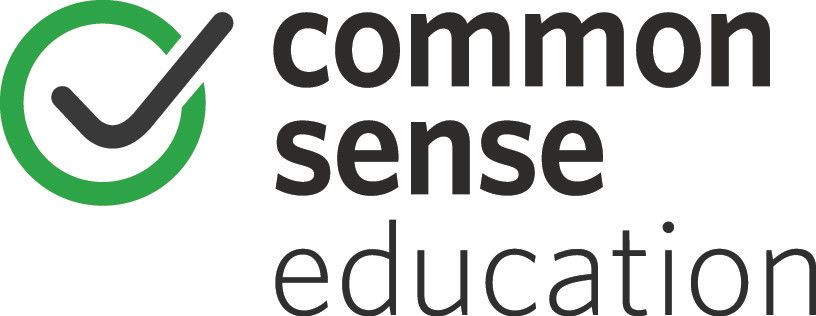It's unfortunate that one's SAT score can be the pivotal deciding factor for admissions counselors. Students' grades, accumulated over four years of work and study, seem to be a much more valid and reliable indicator of ability and performance than one number generated on one Saturday morning. Yet, colleges still rely on the SAT to tell them something about their applicants. Why? What does the SAT tell you, exactly?
According to Edward Carroll, whose job it is to take the SAT over and over again, the infamous test tells you nothing except how good you are at taking the SAT. He elaborates in this Washington Post article:
The SAT, more than anything else, shows how well you take the SAT. It is NOT a measure of a student's raw math or verbal ability. The College Board itself does not claim that the SAT predicts subject skills, but rather that it is a predictor of performance in college (along with the rest of a student's application).In this light, the SAT seems like cruel and unusual punishment. To many students it may feel that way. And they might be correct. But just knowing these simple facts - that the SAT is not a measure of one's academic ability and that it's designed to be very hard to finish in the allotted time - might put some people's minds at ease. The SAT, more than almost any other part of a young person's school experience, is about learning how to abide by the rules put in front of them, and play by those rules as well as they can. Many other test prep companies make money (A LOT of money) teaching students tips and strategies on how to play by those rules as craftily as possible, and this does result in improved scores. Knowing the rules and how to work in and out of them is an important skill, but at some point there must also be a recognition that this is simply a game that is being played, a hoop that students are being made to jump through.
Personally, I think it also filters out students who can't perform quickly. The test is rigidly and tightly timed. It is very, very difficult to finish each section and the [College Board] knows it. They design it that way so that they can assure a nice range of scores to the colleges for comparison.
Tutorpedia offers SAT prep both for individuals and as a small group workshop. Tutorpedia's directors are also available to give free speaking engagements about the SAT to students, families, or school. We do examine the context - the structure - of the test, but we prefer to focus on the content, the actual substance of what is being tested. In this way, SAT success is directly tied to generalizable skills and habits of mind that students can use in school and in life. And in this way, the SAT becomes a little more meaningful.
Some colleges have de-emphasized the SAT in their applications, and some have gone "test-optional," that is, they have stopped requiring the test altogether. The list of forward thinking schools like this is growing. We at Tutorpedia applaud this stance, and hope to see more critical analysis of tests like the SAT from institutions of higher learning.







No comments:
Post a Comment